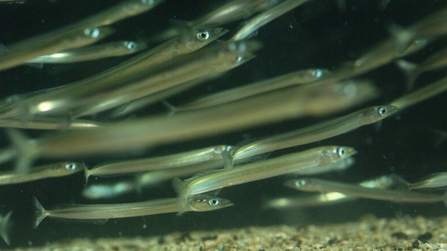The decision to close industrial sandeel fishing comes at a critical time for internationally-important populations of breeding seabirds in the UK, including those along the Suffolk coast. Sandeel are a low trophic level species and play a vital role in ensuring an abundance of biodiversity in the marine environment, by providing a vital food source to vulnerable seabirds - such as kittiwake and guillemot - and sea mammals including seals, porpoises, and whales.
In accordance with the agreed objectives and principles under the new EU-UK Trade and Cooperation Agreement (Article 494), the closures will:
- Preserve marine biological diversity by establishing the urgent action required to support globally-significant populations of breeding seabirds which are in severe decline across the UK,
- Appropriately apply the precautionary approach to fisheries management in response to the serious risk posed to sandeel-dependent seabirds foraging in the North Sea,
- Effectively contribute towards achieving national and international biodiversity targets.




